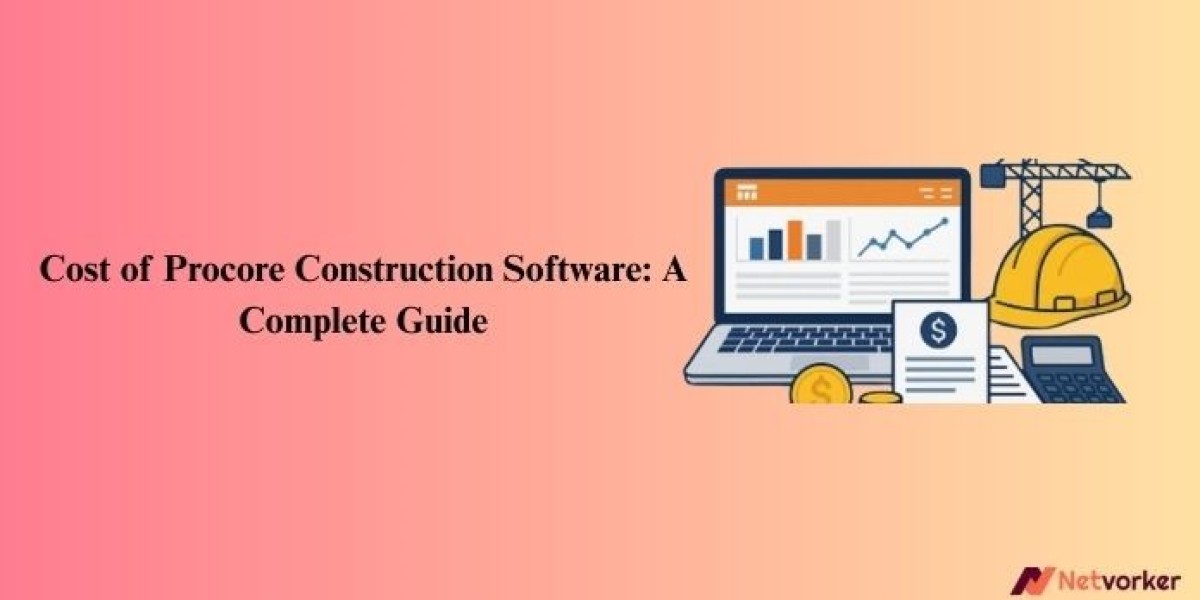Source: https://netvorker.com/blog/cost-of-procore-construction-software
Cost of Procore Construction Software: A Complete Guide
If you’ve been researching construction management software, chances are you’ve come across Procore — and quickly realized something important: you won’t find a price tag anywhere on their website.
That’s because Procore doesn’t follow a one-size-fits-all pricing model. Instead, their pricing depends on several factors: how big your company is, how many projects you manage, which features you need, and how many users will be logging in.
This leaves many construction pros scratching their heads, wondering:
Is Procore worth the investment?
How much will it actually cost me in the long run?
Are there more affordable alternatives that still get the job done?
You’re not alone — cost is one of the top concerns construction firms have when evaluating Procore.
What Procore Actually Does (and who it’s for)
Before we dive deeper into pricing, let’s take a step back and look at what Procore offers — and why it’s become a go-to tool for thousands of contractors, builders, and construction managers worldwide.
At its core, Procore is an all-in-one construction management platform. It helps teams:
Manage projects from start to finish
Collaborate with field and office teams
Track budgets and timelines
Store documents, RFIs, submittals, drawings — all in one place
Improve communication and reduce rework
Cost of Procore Construction Software: How it prices
If you’re trying to pin down exactly how much Procore will cost your team, you might find yourself in a loop of sales forms and demo requests. That’s not a bug — it’s by design. Procore doesn’t publish its pricing publicly because every quote is customized based on your business's specific needs.
What Companies Are Actually Paying
So far, we’ve talked about the factors that can influence Procore pricing — but what about actual numbers?
While Procore doesn’t publish its rates, we’ve gathered insights from real-world clients, industry forums, and construction tech consultants to give you a practical sense of what companies like yours are actually paying.
These examples are fictional, but based on patterns we've seen across the industry:






